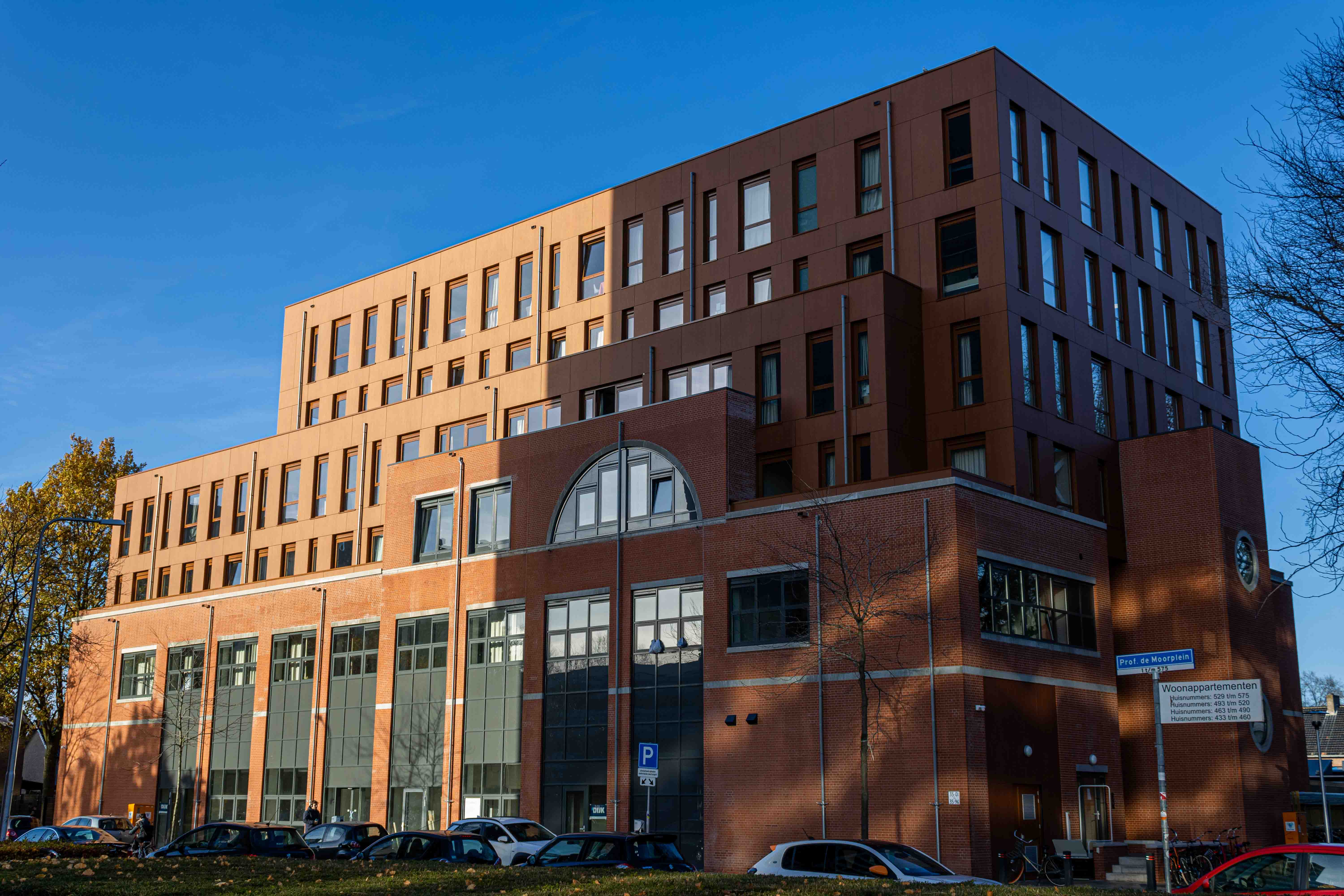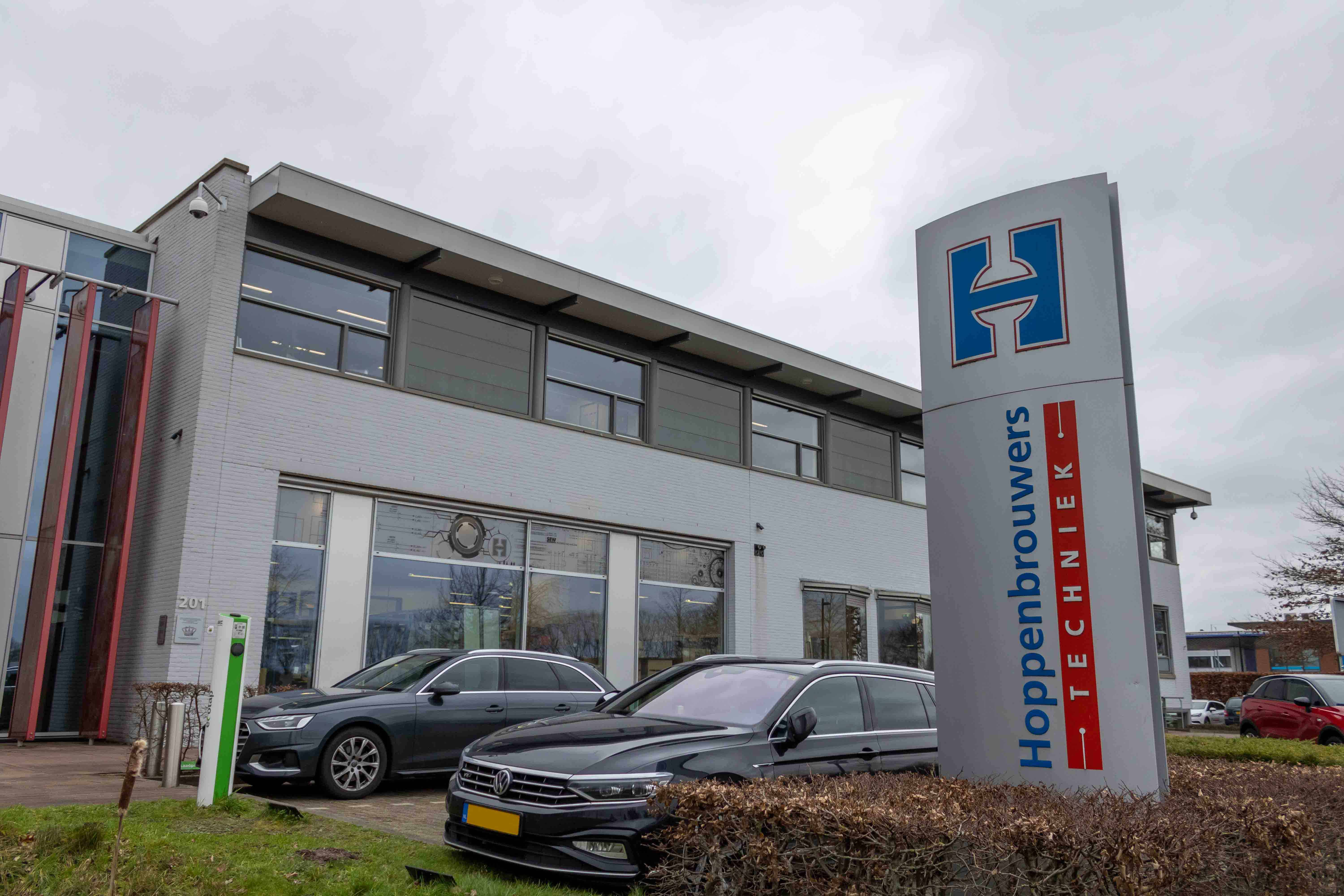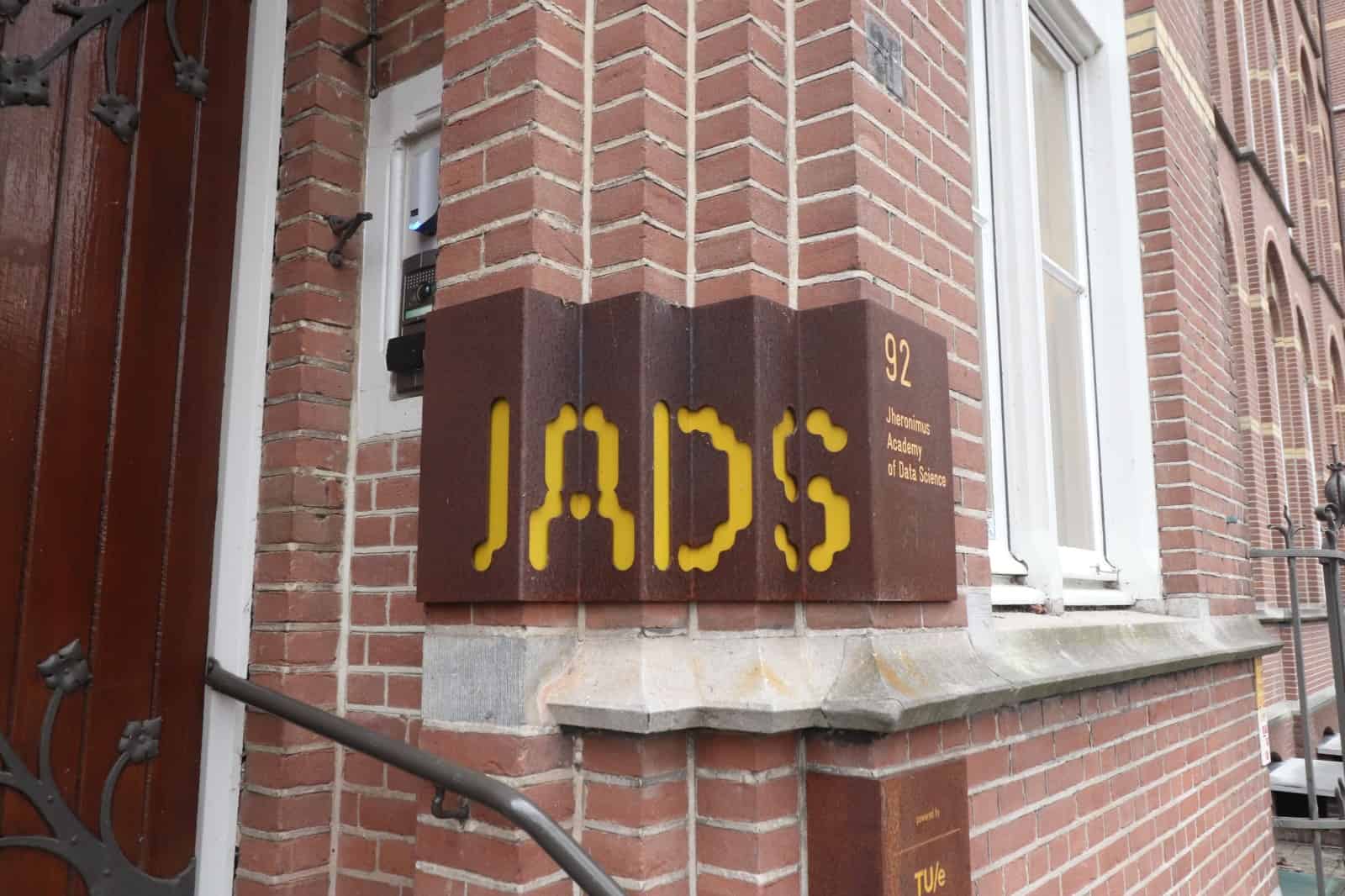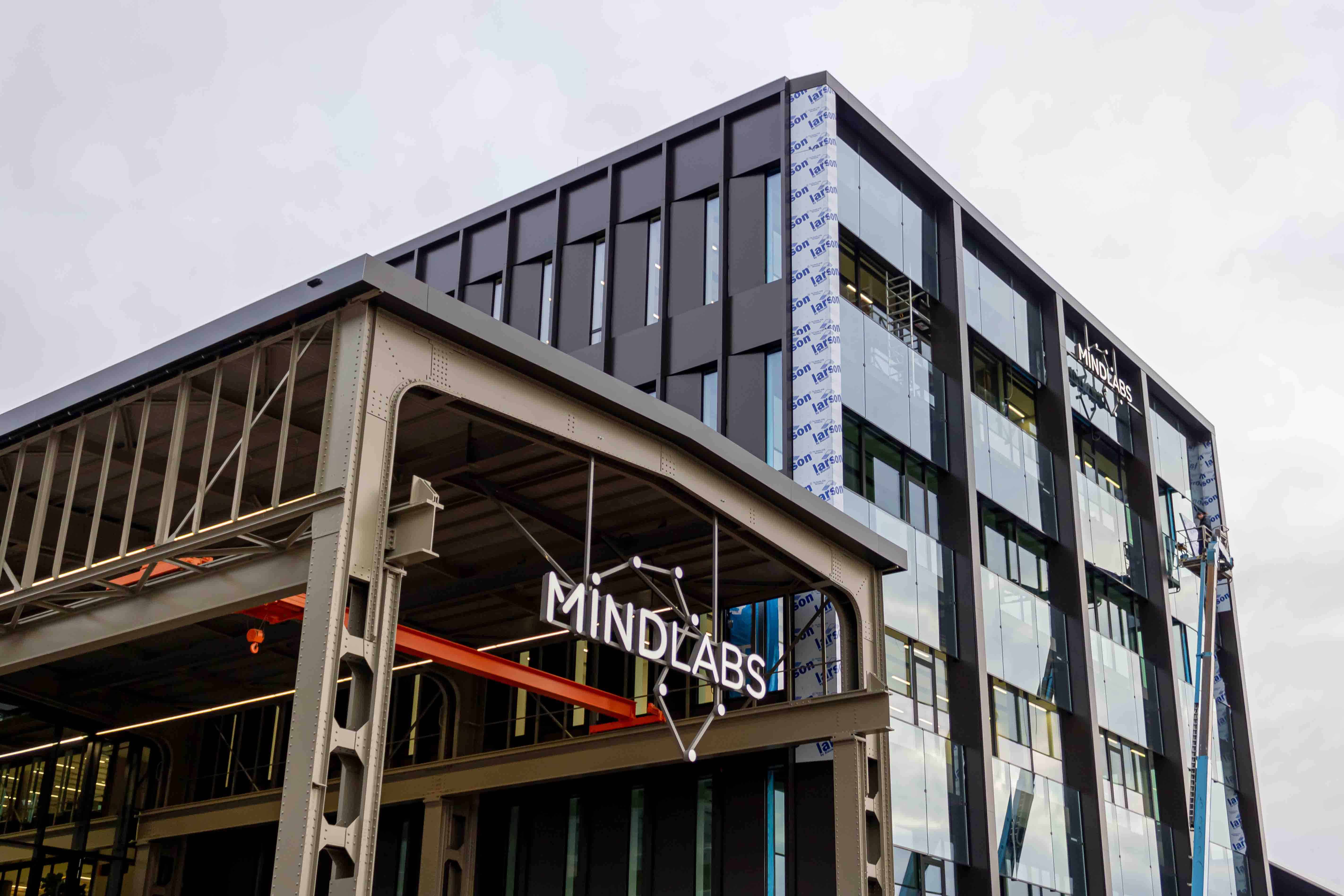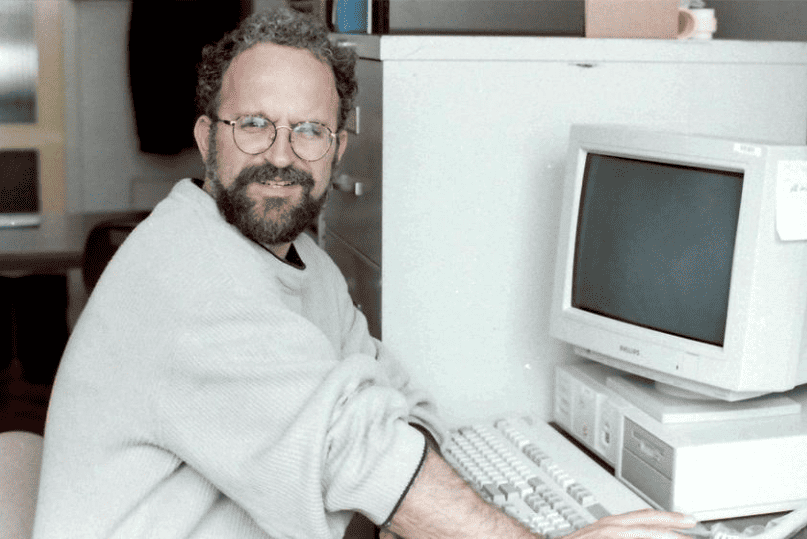
Europe wants to become more independent, but without completely isolating itself. That means: committing to innovation and cooperation. That was the message during the opening of the academic year at the Eindhoven University of Technology (TU/e). Robert-Jan Smits, president of the executive board of TU/e, outlined this problem in his opening speech.
“Europe’s dependence became obvious during the pandemic,” he starts out. As an example, Smits cites the fact that there were not enough face masks in the first few months. The European Union was (partly) dependent on countries in other continents for their supply. Even now, the dependency of the EU is painfully clear again with the war in Ukraine and its knock-on effects on the supply of gas, Smits adds.
“Our dependence is being used against us,” asserts Thierry Breton, European Commissioner for the Internal Market. “But being independent does not mean we have to do everything on our own,” he goes on to say. According to the European Commissioner, we cannot do everything by ourselves either. For example, if we look at electric mobility; a tremendous number of batteries are needed for that. Not all of them can be manufactured in Europe, but perhaps some of them could be. Breton: “We have to find a balance again in this regard.”
Global partnerships
To gain more sovereignty and autonomy as Europe, chip manufacture and the semiconductor industry, among others, are of key importance. The Brainport region has an exemplary role to play in this when it comes to cooperation between industry, knowledge institutes and governments. Peter Wennink, CEO of ASML, also addresses this point. “There is no sovereignty without global partnerships,” he says. “Dependency is perfectly fine, if others also need us. We have to stay relevant.” According to Wennink, the EU should do that by seeking connections and being trustworthy. “Partnerships should be based on trust. Things work so well in Brainport because we help and trust each other,” the ASML senior contends.
Furthermore, he considers it essential that the European Union and the Dutch government strengthen the cooperation between knowledge institutes and the business community. In the first place through funding, but also through programs such as Horizon. With these, important research can be undertaken by scientists and people from industry.

Public investment
“Minister of Economic Affairs and Climate, Micky Adriaansens, was also in attendance at the opening. She announced that the Dutch government intends to invest more in companies that are working on important innovations. “By stimulating innovation, we also stimulate independence,” Adriaansens remarked during the event. Especially when it comes to essential technologies, the EU needs to be less dependent, she argued. “We have an open economy in the EU, so we should not close the door completely.”
Actual concrete steps to ensure more sovereignty and autonomy for the European Union are still some time away. Changes cannot be implemented overnight. They will also cause the inevitable friction. Minister Adriaansens: “No change will happen without friction. We shouldn’t be too worried about that.” According to her, it is important to make mistakes. “That ultimately creates better solutions.”



